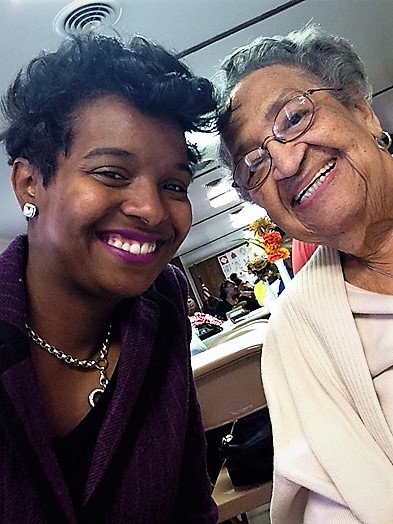
Imagine being able to draw upon a family care insurance fund if your mom suffers a stroke. You could take leave from work and help her recover. Later, if she needs ongoing care, you tap the insurance again, this time to pay for a qualified caregiver so your mom can stay at home and avoid being moved into a nursing home.
The truth is, at some point in our lives, all of us need care or will provide care to a loved one — a child, spouse, friend, or an aging parent. But the family care insurance fund we’re dreaming about above doesn’t exist at the moment, leaving the care we and our families and friends need to live full and healthy lives largely out of reach.
That’s because our nation’s family and caregiving policies are still stuck in the 1950s, even as the ways we live and work have changed dramatically since then. Fewer than one in five Americans have access to paid family and medical leave, leaving most of us unable to take time off when a new child joins our family; to care for ourselves when necessary; or to care for our parents and grandparents as they age or a family member with a disability. And even when we are able to take time off from work to provide care, the rising costs of long-term care make it hard for all but the wealthiest of Americans to access safe, quality elder care.
But we can create a new, integrated, flexible way of caring that reflects the financial and cultural realities of 21st-century families, where all of us are able to make the care choices that work best for us and our families.
It’s time all of us have access to paid family and medical leave and universal long-term care — critical supports that work together to ensure that all of us can receive the care we need, when we need it.
Across the country, there are campaigns moving to win and/or implement such programs – and that is why we’ve put together this new guide with our partner at Family Values at Work. Check it out here and learn how paid family and medical leave and universal long-term care programs can work together to meet the care needs of today’s families.
And while you’re at it, take a closer look at our idea of Universal Family Care, which would add childcare to the broad range of supports that help us build strong families and strong communities.